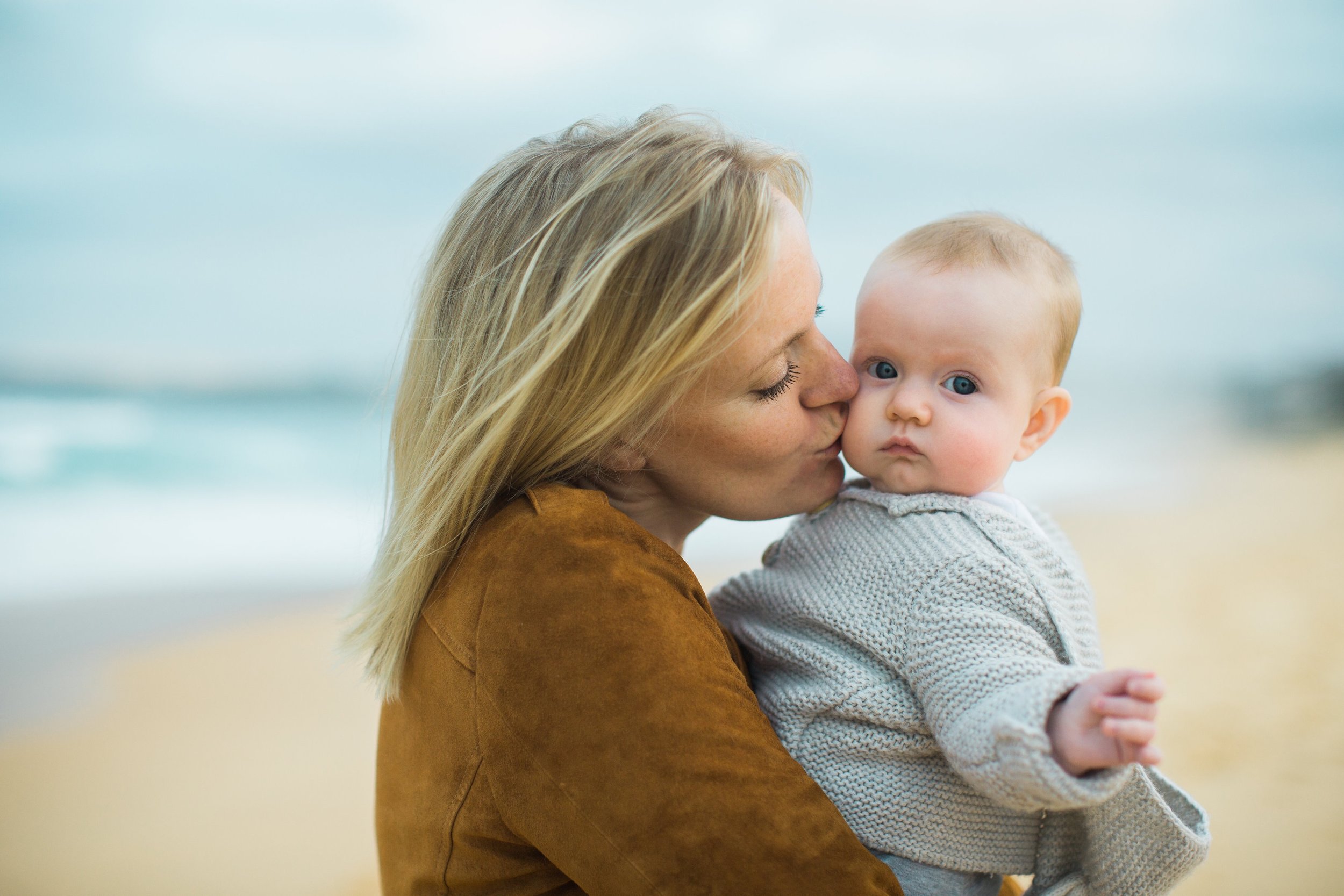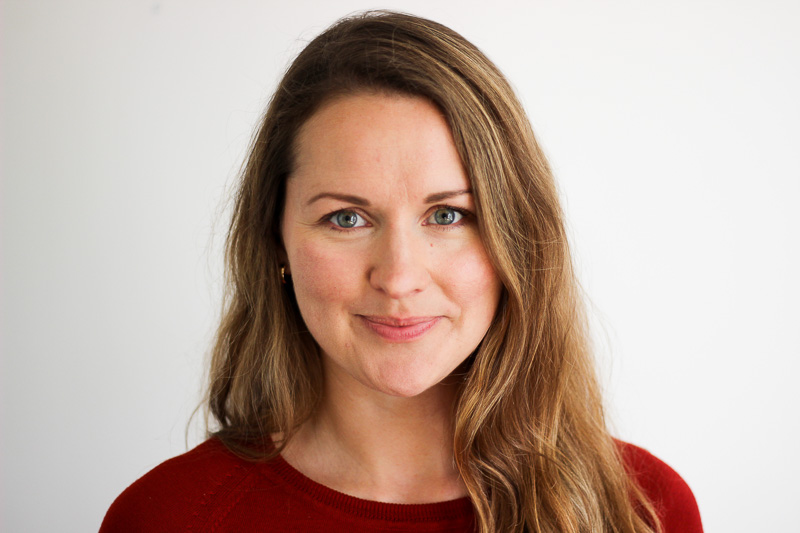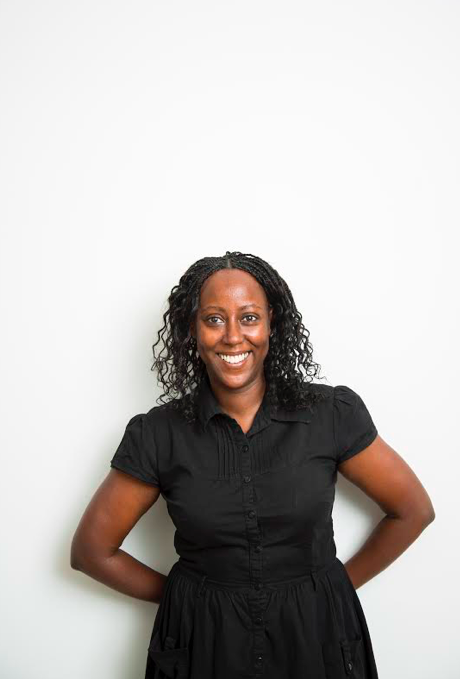Meet Emma, Serial entrepreneur and Connector
She is the epitome of the word ‘entrepreneur’ and we’re never sure how she makes time to run her business MYWW™, present on talkRADIO for The Badass Women’s Hour, advise at board level on design strategy to brands and businesses, feature as Creative Pool Top 100 Influencer 2017 & 2018 and take up the post of Creative In Residence at King's College, London, Entrepreneurial Institute. Phew!
“I am a bit tired of businesses who decide on a set of values to operate by and decorate them onto a wall but in reality they never get authentically lived”
Did you have a female role model or someone you admired as a kid?
I can’t remember anyone specifically but there were lots of people I admired for different reasons. There were those who intrigued me and had attributes of the person I wanted to become. I suppose I was drawing up my own human Pinterest board. I don’t mean celebrities, I mean people I looked up to and thought, “I want to do that one day”. I was aware of a theme I was drawn to and it was those running a business or a person’s mindset towards life.
How do you think your early years have influenced what you do today?
As much as I had a great upbringing I don’t think I was exposed to enough of the world as a child. I lived in a very comfortable bubble. My desire to go to London and then to finally move here really opened up my world. I had never felt like I fitted because I know I wanted to experience a very different life than what I was seeing around me. I couldn’t identify with them in many ways and I really struggled with that. I sometimes wonder what I would be doing differently had I grown up around more diverse people, lifestyles and culture, for instance.
You’re a business founder, a broadcaster, a speaker and connector and you don’t have an office. How do you create a culture amongst the people you work with?
I can’t count the times I’ve heard people say, “if we don’t have an office, we don’t have a culture”. This couldn’t be further from the truth. At MYWW™, our culture is built on the way we communicate - it is about how we interact with each other, be that face-to-face or via a smartphone. I am a bit tired of businesses who decide on a set of values to operate by and decorate them onto a wall but in reality they never get authentically lived. From the very first day I started my business the culture has been focused on being respectful to one another. We embrace candour and honesty and make sure we have the difficult conversations. We also just get the fucking work done while weaving our lives around our client’s needs. There have definitely been some learnings mastering this approach but it works. It’s a culture we can sustain because it is authentic and people can thrive as individuals.
You’re a propagator for pushing real women’s conversations into the mainstream and redesigning ‘business as usual’ to make it better, not just for women but for everyone. What would be the first thing you’d do in your redesign?
I feel like I am doing it all the time by allowing people to weave life into their work and challenging our traditional ‘masculine’ approach to business. As an employee you are often a resource - there to make someone else more money while the business interest is in paying you the least. I stand by a people first, business second principle. I do not have a business without great people so my job is to keep my team content so they can do the best job for our clients. Happy team = happy client!
What do you think is missing from businesses in building true diversity?
A lack of consciousness. It’s about consciousness versus unconsciousness. If you’re unconscious you’re only seeing the world from your point view. If you’re conscious you learn that there are things you haven’t experienced that others have and you try really hard to understand this as best you can. We have lived in a very one dimensional society for so long and it’s high time we all listen more, raise our awareness and massively dial up our empathy.
What does ‘badass’ mean to you?
For me, it’s about living life on your terms. It’s about being authentic, seeing multiple dimensions to one thing and choosing the one that fits with you and how you want your life to be.
You are positive impact personified! What have been some of the most positive results you’ve seen from the work you do?
It makes me happy that I can make my staff happy. Recently, one of my employees told me that MYWW™ has changed her life. She’s always worked agency-side and was never able to balance work with looking after her child. Now, she can do pick-up from school, work at home when she chooses and vary the times of days she works. She’s happier, less stressed, and no longer feeling like she’s torn between two worlds. That’s important to me. The more money I make the more I can help others live happier work lives. Work has become such a cumbersome thing where people end up self medicating at the weekend and head towards extremes to escape their working lives. It doesn’t have to be this way. I had read so much about better ways to work and what we need to be happy human beings, now I am practicing it rather than talking about it and always happy to share my learnings with anyone else who wants to know how to make it work for them.
“(Being a badass) is about living life on your terms”
How do you keep learning more whilst on the many jobs you have?
I think having a mindset that the more I know the more I realise I don’t know! And you don’t have a choice to keep learning if you want to have a successful business! I am a work in progress and want to keep evolving even if I am 90 years old. As the business changes, I change with it. As I change, the business changes. The day I don’t want to learn is probably the day I am done with life!
What have been the essential factors that have enabled you to get to where you are today that you think you'd struggle without?
Resilience; overcoming fear of rejection; sheer bloody mindedness!
Where do you get your inspiration?
People always inspire me. There are lots of different sources and I keep it varied in the types of people I interact with. Working with the ventures at King’s in my role as Expert in Residence on their award winning accelerator scheme has opened up my eyes to new ideas, technology and fresh business perspectives. Every year, through the initiative, I meet over 40 of some of the smartest entrepreneurs from all the over the world - I gain so much from my sessions with them.
You’re constantly interviewing interesting women on a weekly basis as part of the Badass Women’s Hour. Who's a woman to watch or someone you admire in 2019?
We had an amazing author on, called Tomi Adeyemi, who is the author of the very successful book ‘Children of Blood and Bone’. Her interview was so inspiring so she was one (of so many guests) who really stood out for me. Tomi is only 21 and tipped to be next JK Rowling. She had always really wanted to be an author and hearing her journey of how she went from quitting her job to getting the book published was really special. As a teenager she’d been fixated with fiction but could never identify with it because of her African heritage. She’s rewritten for the genre from her perspective.
Name the quote you live by
“The world will not invite you to the feast. You must burst in, demand a seat, and take it.” John Carlton
I realised early on that no one was going to go, ‘here you go Emma, here’s all the opportunities you are waiting so patiently for’, so I got my head down, decided what I wanted and worked bloody hard to get them all - but I am not stopping yet!
Keep up to date with what Emma does next (we’re sure there’ll be something exciting) on Twitter and Instagram.























